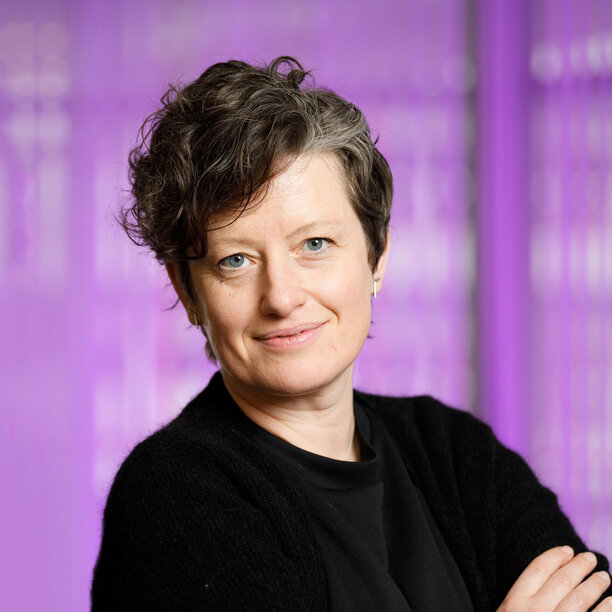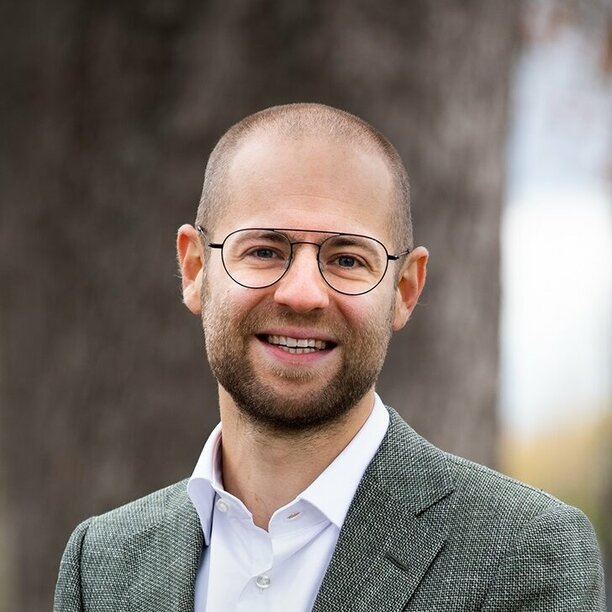Kristina Andersen is an international leader in the groundbreaking research area known as Digital Craftsmanship. In this emerging research program, researchers innovate with digital technologies to leverage the longstanding knowledge of industrial craftsmanship in Industrial Design. Dr. Andersen’s aim for this program is to make Digital Craftsmanship an interdisciplinary platform between Industrial Design (fabrication, systems of production, smart things, wearables), Computer Science (algorithms, complexity, and data), Social Sciences and the Arts (creative processes and equity), and Engineering (platforms, sensors, and networks). Her contributions to the field include the theoretical, utilizing posthuman theories that recognize the unique capacities of each key actor, humans, technologies, and materials, to create new possibilities in how each contribute to the crafting and production of smart products. Dr. Andersen’s most impactful contributions address the need for new collaboration methods between technologies and industrial designers. Recently, this has led to exploring how to collaborate with data as an active contributor to affect design and production in real time. And new research that investigates novel collaborations between intelligent machines, like AI and robotics, and designers in the domain of textiles design and production.
Max Birk’s research pushes the boundaries of interactive systems in preventive health. His work on video games contributes to health interventions, cognitive assessment, and the video games' health impact discourse. Video games are among the largest entertainment markets, with over 3 billion players worldwide. Videogames are played across ages, genders, and cultures.
Max pioneered methods to research game design’s role in fostering short- and long-term engagement in health interventions. Engagement is a central challenge when designing technology-enabled health interventions; even the best-evaluated interventions become useless when not used.
Supported by an NWO VENI, Max investigates the potential of video games as cognitive assessment paradigms for stress. Aiming to establish methods and protocols to develop digital biomarkers, he creates video games for cognitive assessment with the goal of predicting stress. Cognitive assessment is instrumental in preventive health by improving detection, continuous measurement, and tailoring of health applications.
Max combines his knowledge about game design for engagement and game design for assessment to contribute to our understanding of the impact of behavioural design patterns on public health. Supported by the Ministerie van Binnenlandse Zaken en Koninkrijksrelaties, Max applies his knowledge to help policymakers identify design risks and benefits.
In the period 2013-2020, Loe Schlicher developed mathematical decision models that governmental agencies can use to support decisions related to health care and public transport. For instance, he worked on models that (i) characterize at what price vaccine should be traded on a market in case of a pandemic and (ii) identify under which circumstances maintenance contractors could collaborate to improve railway availability. Since 2020, Loe focusses mainly on homeland security and defense applications.
For his research, Loe uses techniques from operations research, and in particular from game theory. His work has appeared in several flagship journals and received international recognition and visibility, including the Beta Ph.D. Award, various public interviews, and a finalist position for the SING best paper prize. Loe is also a recipient of a VENI award from NWO and acts as a work package leader of a EU funded project on military supply chains.
For his VENI research, Loe closely collaborates with the NCTV (National Coordinator for Security and Counter-terrorism) and National Police. For the ROLIAC project, he collaborates with the Royal Netherlands Army. Together with the European Supply Chain Forum he develops a research platform for the four Dutch armed forces.


